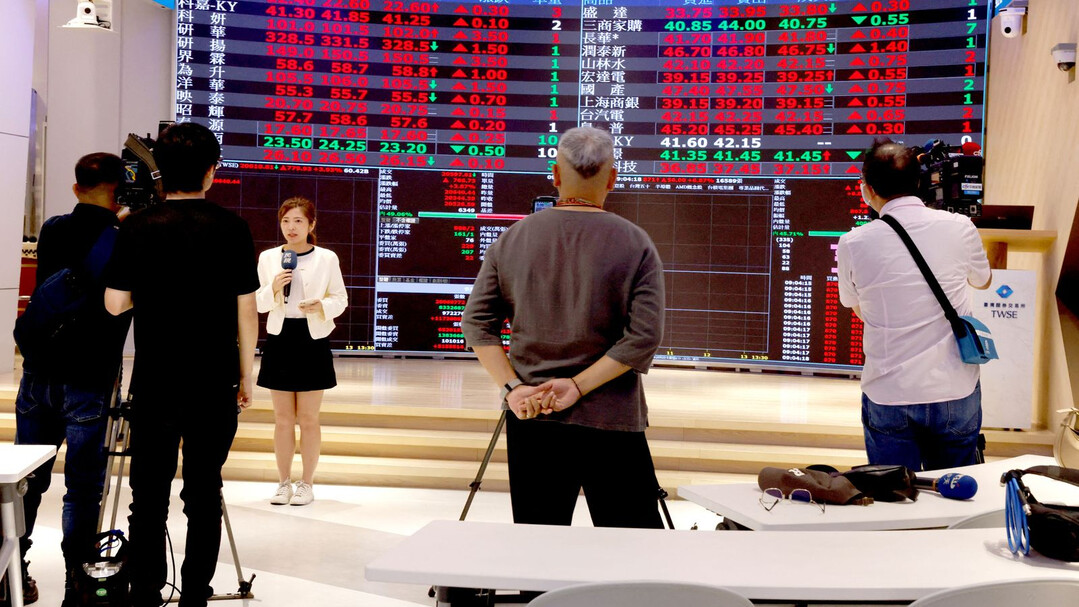
Global bond markets have experienced a significant rally, recovering from a recent slump, following the release of disappointing US economic data. This shift in sentiment was triggered by a report showing a larger-than-expected drop in job openings, which has fueled speculation that the Federal Reserve may pursue a more aggressive strategy of interest rate cuts to stimulate the economy.
According to the latest Jolts data, US job openings fell to 7.18 million in July, falling short of the 7.38 million projected by economists. This figure also represents a notable decrease from the 7.44 million openings recorded the previous month. This decline, coupled with other data indicating a rise in layoffs, has drawn the attention of market analysts and investors. For the first time since 2021, the number of unemployed individuals in the US now exceeds the number of available jobs, a significant change that suggests a slowdown in the labor market.
This economic signal has had a direct impact on bond prices. As bond prices rise, their yields, or borrowing costs, fall. For instance, the yield on the 30-year US Treasury bond decreased by 0.06 percentage points to 4.90%, halting a previous sell-off that had pushed yields to multi-year highs. The rally was not confined to the US; it powered a recovery in sovereign bonds globally. The 30-year gilt yield in the UK, which had reached a post-1998 high of 5.75%, fell back to 5.60%. Similarly, the 30-year yield in Japan, which had earlier hit a record high, also showed signs of recovery.
Market participants are now adjusting their expectations for the Federal Reserve’s future actions. The Fed is widely anticipated to implement a quarter-point rate reduction at its upcoming meeting. However, following the latest job openings data, traders are now pricing in a faster pace of rate cuts, with five quarter-point reductions fully anticipated by September 2026. This potential shift toward more accommodative monetary policy is a key factor driving the renewed interest in bonds.
A "Perfect Storm" of Factors and Political Uncertainty
The recent volatility in the bond market can be attributed to a combination of factors beyond just economic data. A surge in government bond issuance following the summer break has contributed to the recent sell-off. For example, the UK saw a record-breaking £14 billion 10-year syndication, a large supply that put downward pressure on prices. This has been compounded by a weakness in demand from traditional long-dated debt buyers, such as pension funds and life insurers, especially as central banks have scaled back their crisis-era bond purchasing programs.
Inflation also remains a persistent concern. In many major economies, inflation continues to stay above central bank targets, which is particularly detrimental to the returns on long-term bonds. Political instability and challenges faced by governments in managing their finances, particularly in the UK and France, have added to the uncertainty.
Experts describe this confluence of issues as a "perfect storm." There are growing concerns that fiscal policies could become inflationary, combined with a potential increase in global bond supply and insufficient demand. Furthermore, political interference in monetary policy, such as attacks on the independence of the US central bank, has raised fears of "fiscal dominance." In this scenario, interest rates could be kept artificially low to manage government borrowing costs, risking higher long-term inflation.
These combined pressures have driven a significant increase in the gap between long-term and short-term government bond yields. The difference between 30-year and 10-year rates has widened to its highest level since 2021, at about 0.7 percentage points, highlighting the strain on longer-term debt. This uncertainty was further fueled by a recent court ruling that found most of President Donald Trump’s tariffs to be illegal, threatening billions in potential government revenue and reigniting concerns over US deficits. This complex backdrop of economic data, market dynamics, and political uncertainty continues to shape the outlook for global bond markets.
[Copyright (c) Global Economic Times. All Rights Reserved.]





























